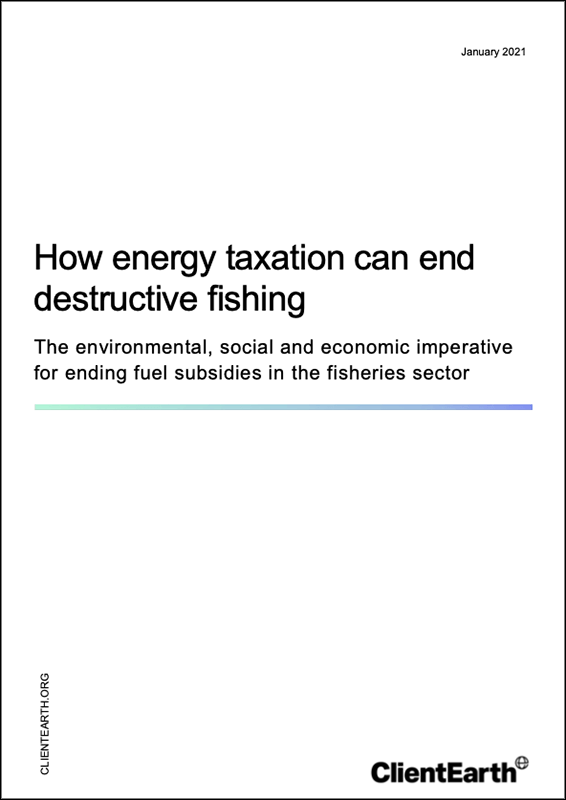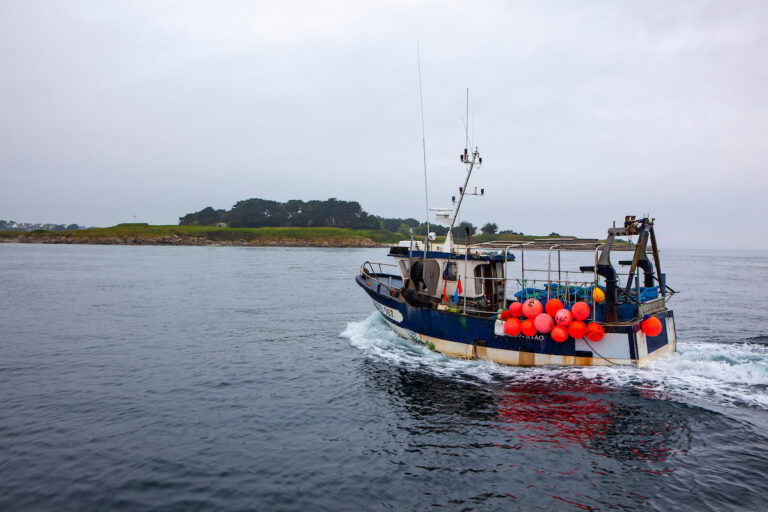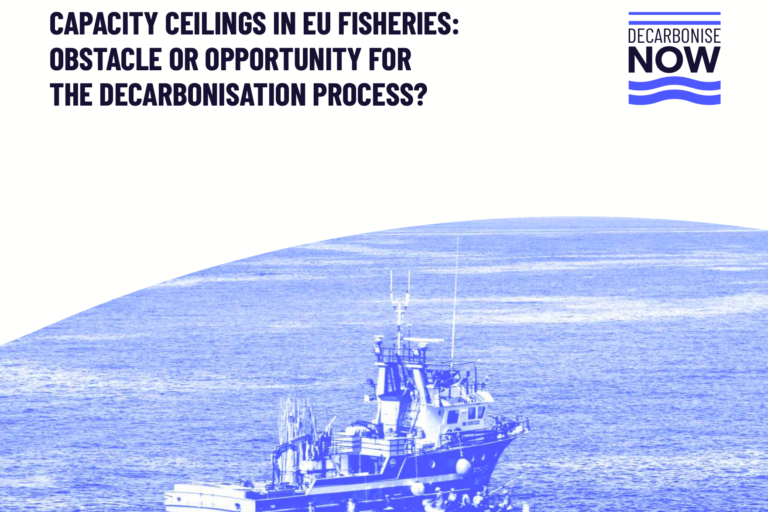The environmental, social and economic imperative for ending fuel subsidies in the fisheries sector
Summary
- Fuel subsidies in fisheries artificially lower operating costs and distort the ocean economy, fuelling destructive and uneconomic fishing practices.
- Fuel subsidies fuel overfishing, and overfishing fuels climate change and biodiversity loss. Eliminating fuel subsidies would strengthen fish stocks’ resilience to climate change, help restore ecosystems and enhance carbon sequestration.
- Fuel subsidies disproportionately benefit larger, polluting and more destructive fishing fleets leaving small-scale low-impact fishers with depleted fishing grounds.
- Maintaining fuel subsidies in the fisheries sector is inconsistent with the EU’s internal and international commitments on climate and biodiversity. Fuel subsidies increase carbon emissions and support the destruction of marine ecosystems.
- The revision of the Energy Taxation Directive (ETD) and the current WTO negotiations on harmful fisheries subsidies is the perfect window of opportunity to eliminate fuel subsidies at both the EU and international levels. The EU must lead by example and steer the WTO negotiations away from fuel subsidies.
- Fuel subsidies support the economic marginalisation of small-scale, low-impact fishers. Harmful fisheries subsidies must be repurposed to protect and support their livelihoods, and existing funds and social schemes should be used to ensure a just transition.
PDF: How energy taxation can end destructive fishing





